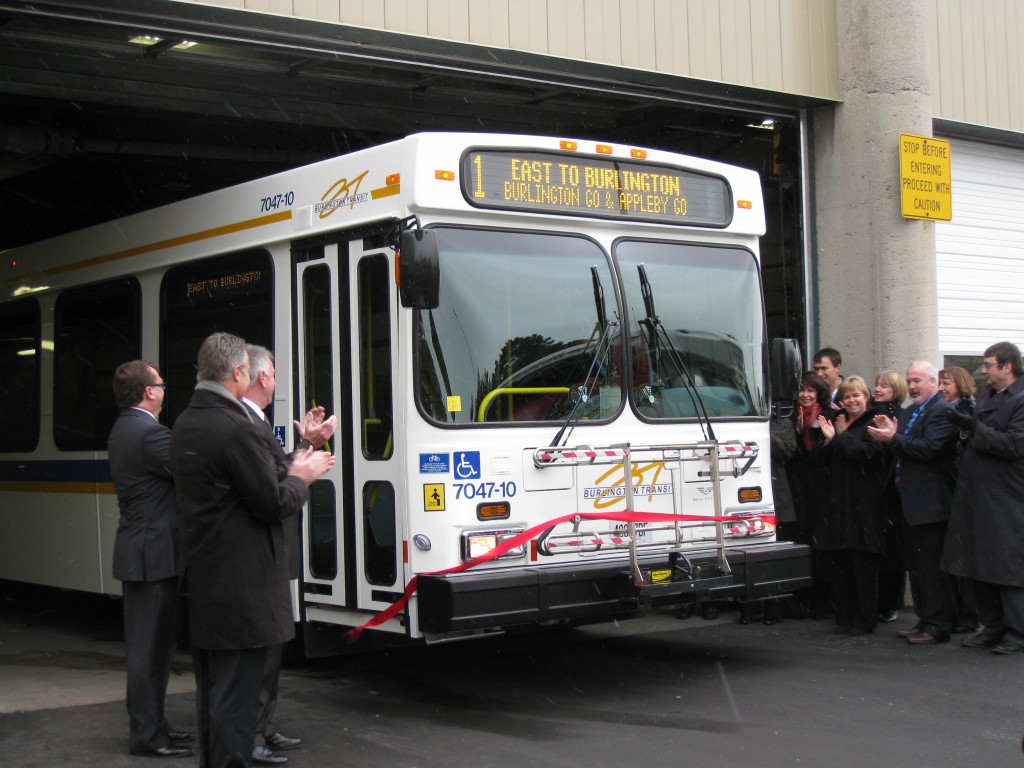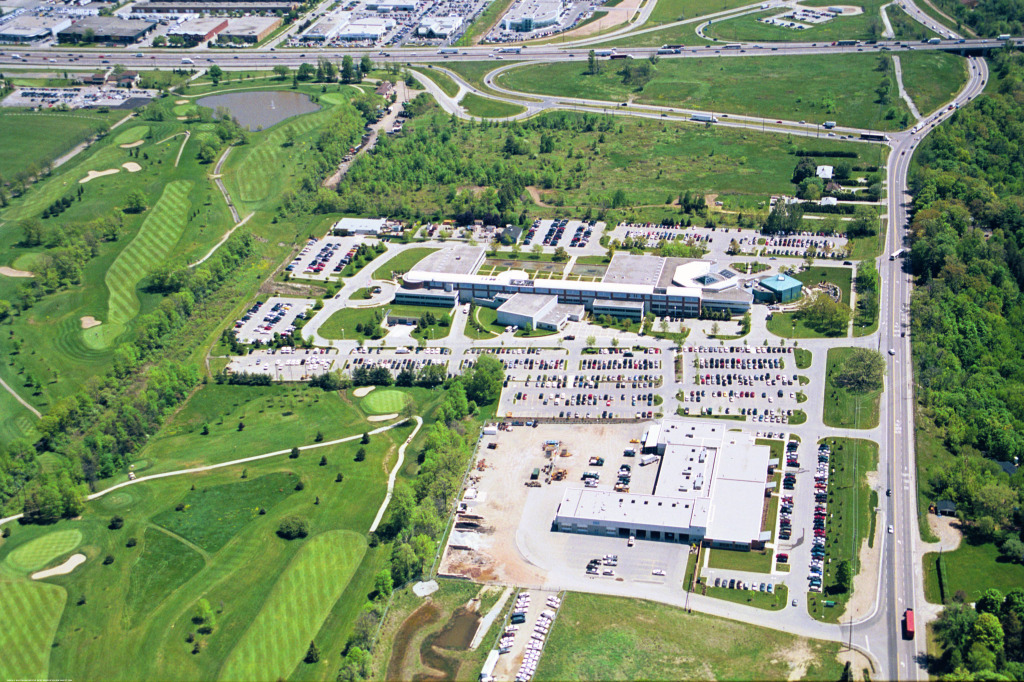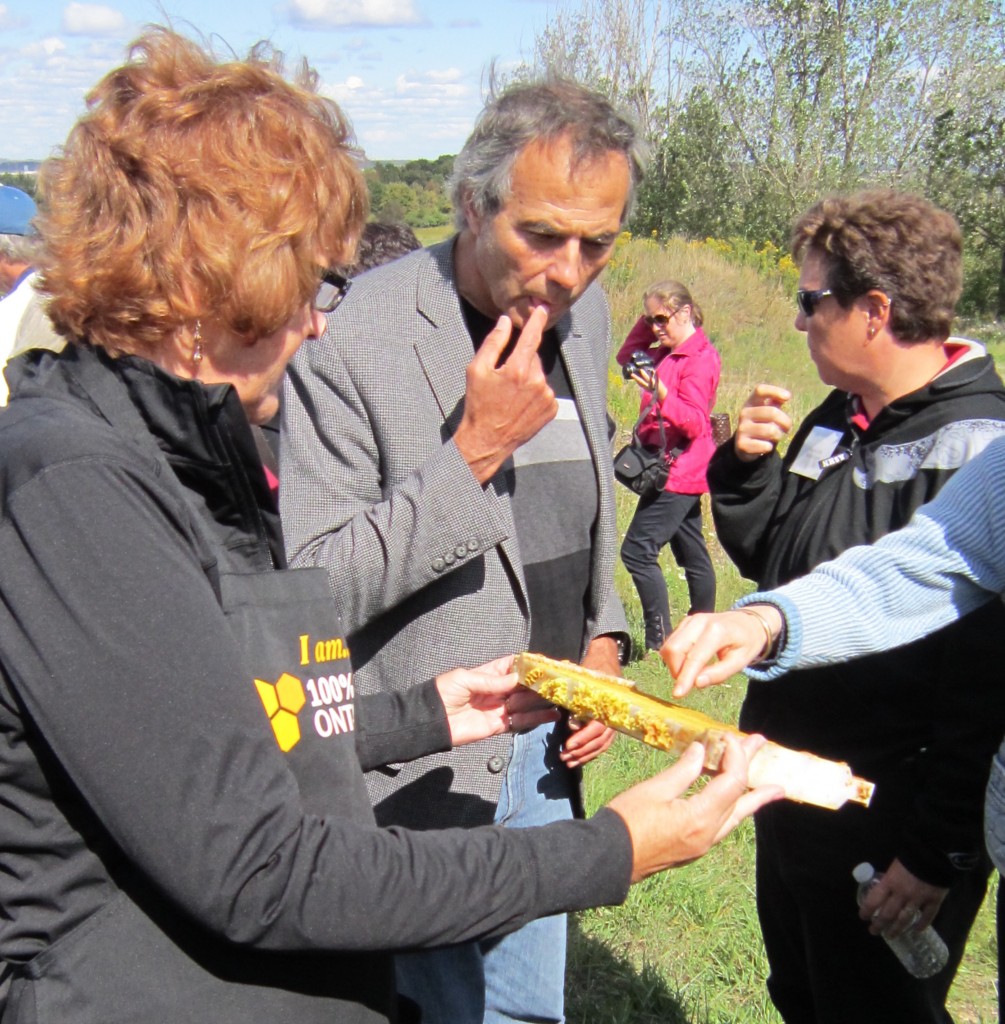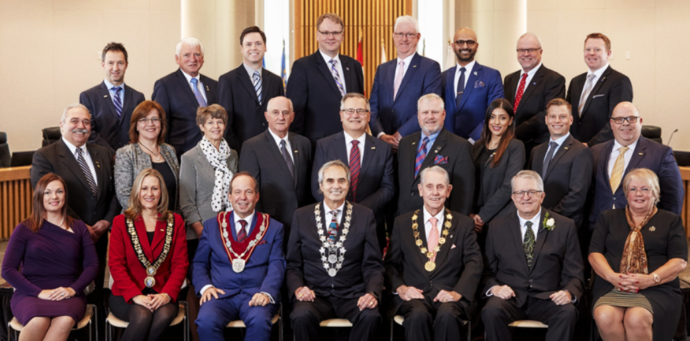January 23rd, 2020
BURLINGTON
The Halton Region is critical to the convenience and comfort of the life people who line in the Region. They provide the services that don’t lend themselves to purely local delivery. Water, sewage, waste management, police, public health services and the maintenance of roads that run between municipalities.

Transit is currently a municipal responsibility – there are those, including the Mayor of Burlington, who would like to see it made a Regional responsibility.
Transit is a local service but it is becoming evident that it will soon have to be moved up to the Regional level where it can be managed and funded for a wider market and not require people to change buses just because they are crossing the border into Milton.
Regional governments sit in between the local municipalities and provincial ministries.
Who runs this level of government and who pays for what they provide? The latter part of the question comes down to this – there is just the one tax payer with pockets that the money for every level of government comes from.
The people who make the Regional level decisions come from the municipalities that are served – with the number of seats on Regional Council determined by the population of each municipal council except for the Chair who is elected by popular vote.
Each municipality determines who it wants to send to the Region. In Burlington all seven members of council are also Regional councillors.
Gary Carr, the current Regional Chair, does a more than reasonable job – the concern is that there isn’t anyone in the wings who even looks like they have the skills in the kind of leadership Carr has provided.
The Region has seven members from the City of Burlington; eight members from the Town of Oakville; three members from the Town of Halton Hills; five members from the Town of Milton for a total of 24 when you include the Chair.
In 2000, as a result of changes to the Ontario Municipal Act, Joyce Savoline became the first person to be directly elected to that position by the voters of Halton. She was re-elected in 2003. Prior to 2000 Savoline had been selected by the members of the Regional government.
The Regional Council is served by a bureaucracy that has to look at the bigger Regional picture rather than the tighter, narrower focus required at the municipal level.

Regional administrative office are on a sprawling site in Oakville . The building once housed the offices of the Regional Police as well.
Administratively the Region’s corporate leadership is done by the Chief Administrative Officer (CAO). There are six departments, one being the CAO; the other five are: Legislative and Planning Services, Finance, Health, Public Works, Social & Community Services. A Commissioner leads each department.
The last review of representation for Regional Council, which culminated in an increase of three members during the 2018 election was initiated by a resolution adopted by Regional Council in February of 2015, asking the four local municipalities to set out the conditions under which they would consider any changes to Regional representation.
Under Section 218 of the Municipal Act, an upper-tier municipality is compelled to review the composition of its Council after 2018 and every second regular election after that (2026). The legislation does not specifically align the timing of any reviews to the release of census data.
There is an exception provided in that any upper-tier municipality that made a change to its composition between 2014 and 2018 does not need to undertake this review until after the election in 2026, which means there will not be any changes in Halton until 2030.
Any such changes must be approved by a triple majority – a majority of all votes on Regional Council must be cast in favour of the changes, a majority of the local municipal councils must pass resolutions consenting to the changes (three local municipalities in the case of Halton).




















